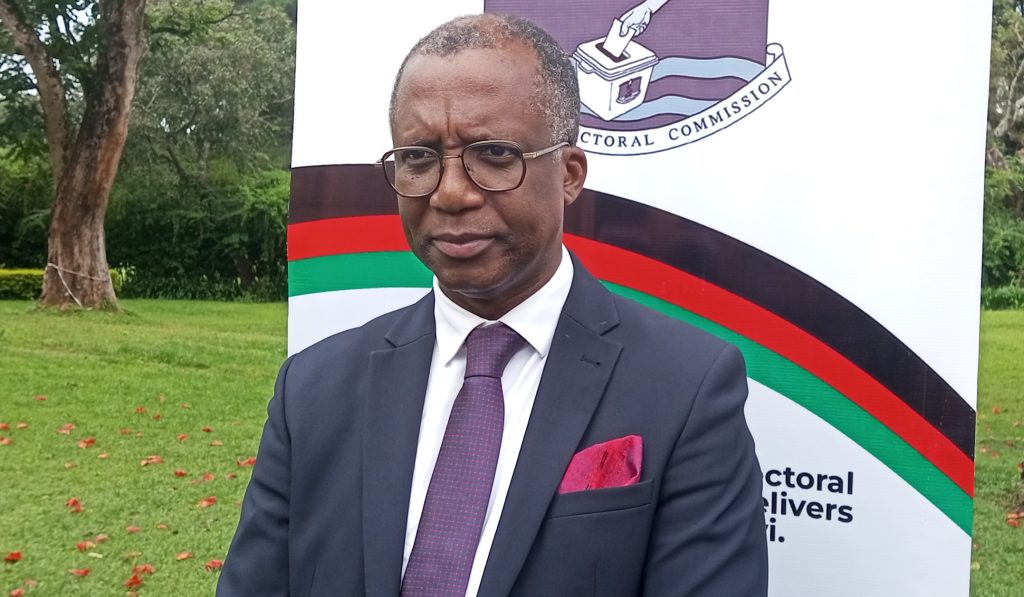Judiciary institutes elections disputes committee
Chief Justice Rizine Mzikamanda says the Judiciary has set up a Judiciary Committee on Elections to monitor management of electoral disputes to ensure efficient and effective disposal of the same.
Speaking on Wednesday when the Malawi Supreme Court of Appeal debriefed the Malawi Electoral Commission on the management of elections cases, the Chief Justice said the Judiciary Committee on Elections was set up in January this year and is already working with several stakeholders.

Said Mzikamanda: “It’s mandate is to advise and recommend to my office and the Judiciary on institutional arrangements, on legislative reform that needs to be taken or undertaken and on administering mechanisms and measures for efficient and effective disposal of election-related disputes, in as far as the courts are concerned.”
He said the committee, chaired by Justice Dorothy NyaKaunda Kamanga, has since engaged MEC and discussed the election disputes resolution framework.
It has further engaged the Rules and Legal Reforms Committee of the Judiciary to start reviewing electoral laws, as well as the Law Reporting Unit to start developing election law reports and law digest for courts’ use.

“As an institution, we believe that the publication of election law reports will be one of the factors to contribute to the prompt disposal of election cases because legal research on election matters will be accomplished speedily as relevant case laws for use and for reference will be readily available through election law reports and digests,” explained Mzikamanda.
The Chief Justice emphasised that it is important for the Judiciary to be ready to handle electoral disputes that may arise in 2025 General Elections and beyond, but also maintain public confidence in the dispensation of justice and resolution of electoral disputes.
“The Judiciary will remain professional, independent and impartial in its work. The Judiciary is also working with the Kenyan Judiciary to share experiences and best practices on the management of elections,” he said.
On his part, MEC chairperson Chifundo Kachale said part of a good mechanism or framework for delivering credible elections is to have a good electoral dispute resolution mechanism.
“That includes a judiciary that has systems and procedures that are responsive to election disputes,” he said.
Kachale said by reflecting on the electoral disputes that it has handled and also working with the Kenyan Judiciary, the Malawi Judiciary will improve on its handling of electoral disputes and create a system that is fit for purpose and is responsive to the needs of Malawians.
Said Kachale: “We know that our friends in Kenya have a system where a presidential election petition goes straight to Supreme Court of Appeal and that in itself helps manage the whole process.
“In 2019 it took us almost 12 months from the time the case was filed in the courts for the Supreme Court to deliver the final decision. Elections are very tense moments, people want resolution of their disputes in a very effective manner that can give confidence.”
The Constitutional Court nullified the 2019 presidential election after the UTM Party and Malawi Congress Party challenged the election results that saw Democratic Progressive Party candidate Peter Mutharika winning. The Supreme Court also nullified the 2019 presidential election and ordered a re-run. The case took months to be completed which affected the election calendar.
The MEC debriefing session on Wednesday was aimed at reflecting on how courts handled electoral disputes in 2019 and 2020 elections but also to come up with best practices, Mzikamanda said.





